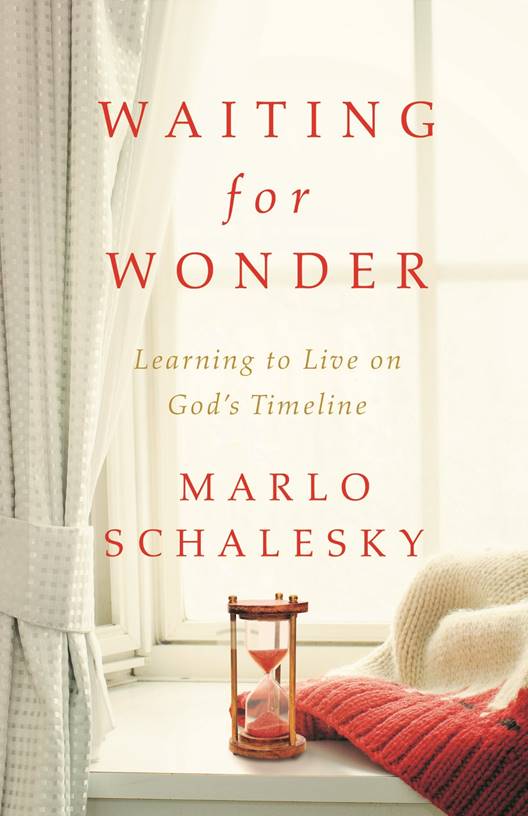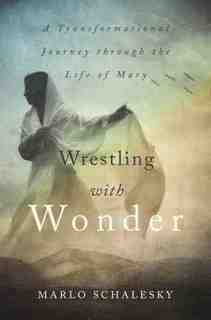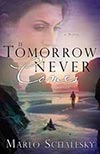 Hi Friends!
Hi Friends!Well, I'm waiting for my substantive edits (those are the "big picture" comments and suggested changes) to come from my editor today for my next novel, SHADES OF MORNING (Check out the cool new cover!!). So, I should be getting a letter soon that outlines all the things that aren't right about the book, things that need improvement, places where the story falters.
So, as I'm preparing for the "big letter," I was thinking about some tips for facing criticism in general. Of course, it's my editor's job to show me how my story can be improved, so I'm happy for her comments. And she'll be tactful, helpful, courteous, and professional in her comments.
But often that's not how we receive criticism in life. Often in life criticism doesn't come from people are supposed to give it. It comes unexpectedly. It's done awkwardly, rudely, and may not seem helpful at all. And even if people are well-intentioned (and something they aren't!), their criticism hurts. So, how can we respond in a Christ-like manner to criticism that isn't professional, helpful, and kind like my editor's?
Here are some tips:
DO
1. Do keep a cool head. Anger will cloud your reasoning.
2. Do say a quick prayer, asking God keep you from being defensive and to show you any truth in the person's words.
3. Do hear the criticism without allowing it to affect your self worth. God can use criticism to point out flaws that He hopes to change.
4. Do hear the feelings behind the complaints. Sometimes criticism is the way people say, "I need help. I feel bad, and I want you to fix it." Watch for an opportunity to show that you care. A sensitive, rather than argumentative, response will make the other person feel valued, not demeaned.
5. Do be ready to admit any fault of your own, no matter how small.
6. Do ask the person to be part of the solution. Perhaps they can fill in where they think you're falling short.
7. Do thank the person for their concern (whether their words show concern or not).
DON'T
1. Don't immediately jump to your own defense. In time, you may need to present your side of the story, but to do so initially will only make your critic try harder to convince you of your fault.
2. Don't tell the person they're wrong. Being adversarial only causes resentment.
2. Don't tell the person they're wrong. Being adversarial only causes resentment.
3. Don't answer immediately, especially if you find your emotions starting to flare. Instead ask for time to think and pray about what was said. Tell your critic you'll get back with him later. (Then do so.)
4. Don't worry about being right. It's better to be accused falsely than to lambaste the other person. Remember that your relationship with the criticizer is more important than who is right. Differences should be honestly and healthily confronted, but they won’t always be resolved.
Finally, remember that Jesus, too, was criticized and condemned. But, "when they hurled their insults at him, he did not retaliate; when he suffered, he made no threats. Instead he entrusted himself to him who judges justly" (1 Peter 2:23 NIV). Criticism, and even injustice, are an opportunity to reflect the character of Christ.
Finally, remember that Jesus, too, was criticized and condemned. But, "when they hurled their insults at him, he did not retaliate; when he suffered, he made no threats. Instead he entrusted himself to him who judges justly" (1 Peter 2:23 NIV). Criticism, and even injustice, are an opportunity to reflect the character of Christ.
















